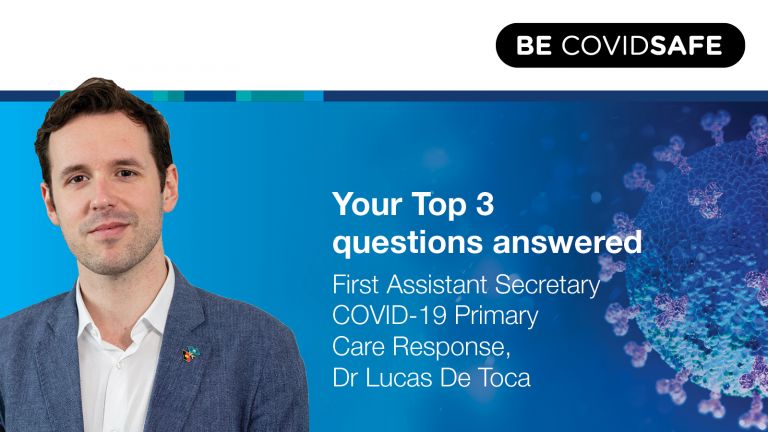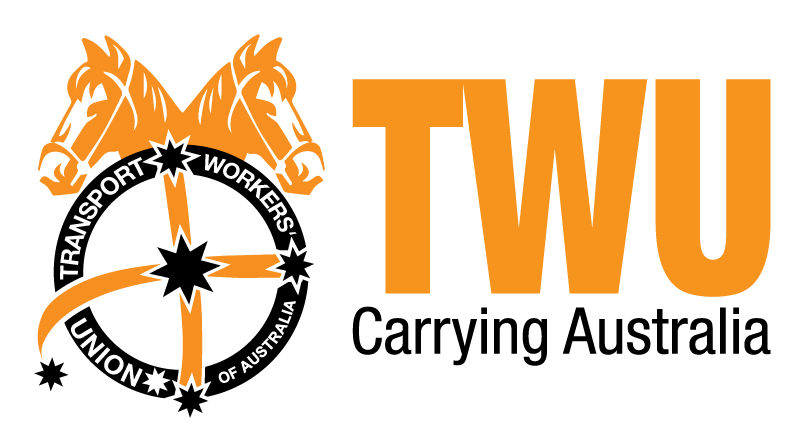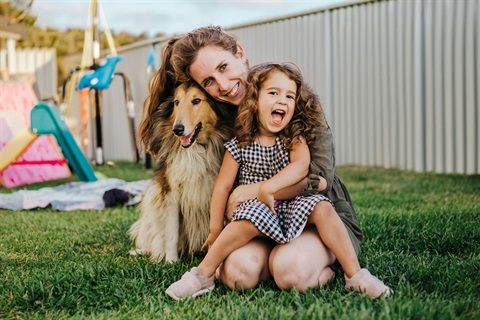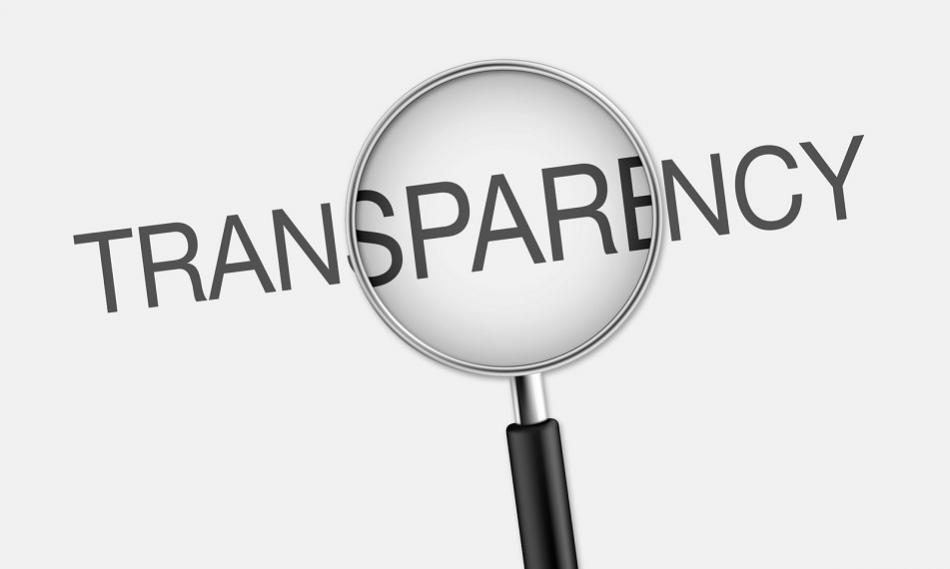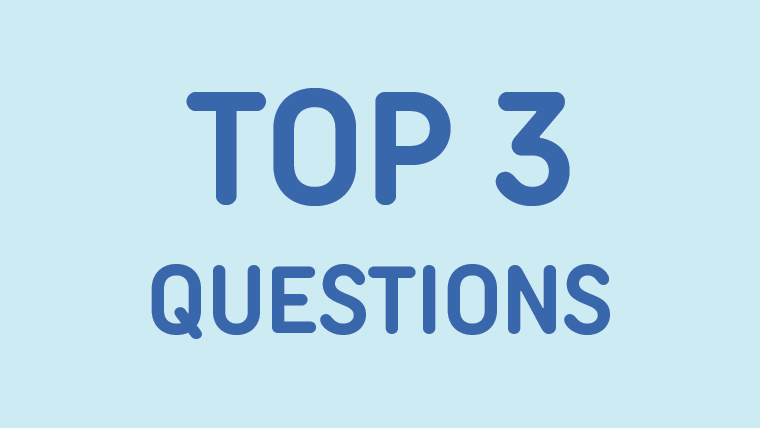
Good morning I’m Dr Lucas De Toca and today we are going to be answering some of your most commonly asked questions in our social media channels about COVID and about the vaccines. I’m joined today by Linda, as always, who is doing Auslan interpreting. Thank you, Linda. I am on the land of the Ngunnawal people here in Canberra, so dhawra nhuna, dhawra Ngunawal. Yanggu gulanyin ngalawiri, dhunayi, Ngunawal dhawra. Wanggarralijinyin mariny balan bugarabang. And I also extend that acknowledgement to the Traditional Owners of the lands where you may be watching from. Thank you for watching. You may have noticed the ongoing styling choices, this is just a reminder that November is men’s health month and we celebrate Movember, as a way to raise awareness and funds for men’s health issues including mental health issues that we will be discussing today as one of our questions. Remember to reach out to your male friends and family members, or if you are male, make sure you that seek help when you need it. We tend to engage with healthcare services far less than women and it’s important that we still do regular checks and if we are struggling, we reach out. Apologies in advance because these segments will get worse and worse as this [Dr De Toca’s moustache] grows over the month.
First question that we have today is about rapid antigen testing, or self-tests, that are now available throughout Australia in your pharmacies or other locations.
Rapid antigen tests, or RATs or rapid assessment devices, they are fairly simple tests that can be performed by health professionals or by yourself in the convenience of your home, not dissimilar to the self-testing for other situations like pregnancy. These tests, unlike pregnancy tests, use swabs to collect saliva or mucus secretion from your nose. You do a swab, not dissimilar to the tests you get at a COVID testing site, you use a swab to collect some material inside your nostril or saliva, depending on the testing type, and that is added to a little device, like a cassette, that then runs itself and within 10 to 20 minutes, most of them within 10 minutes, gives you an indication through different bars of whether there was detection of an antigen or a component of the virus, or whether there was no detection of the antigen or component of the virus. They are really useful because they are really easy to find, they are really easy to use and they are very accessible, you don’t have to go to a testing centre to use them, however they are not as sensitive, they are not as accurate as the traditional polymerase chain reaction, or PCR testing, that occurs in laboratories or healthcare facilities. They still meet sufficient quality and safety standards that show they can be used in Australia otherwise the TGA, the Therapeutic Goods Administration, would not have approved them. We have about 12 of those tests authorised for use in Australia, meaning they all meet the requirements set out by the TGA, but they are a bit less sensitive than your usual PCR. They detect the presence of the virus. Normally, they can be more accurate if there is more virus, so symptomatic people tend to have more accurate results from these tests, however we still recommend that anyone who has symptoms goes and gets a test at a normal testing centre. So if you have any fever, sore throat, shortness of breath, cough, even if it’s really mild, please go and get tested at a testing site. That is why we mostly use these tests for screening of asymptomatic people, they are a bit less accurate if you don’t have symptoms, but they are quite useful and they are used very commonly in professions where people need to get tested fairly regularly in order to enter residential aged care facilities or work at mining sites. They have a really useful role, they can help you understand or give an indication of whether the antigen is detected, but it’s really important that if you get a positive test, you go and get a confirmatory test at a testing centre through a traditional PCR. They have a role and we will be providing more and more guidance on how they can be useful in certain contexts, and you can go and purchase them from many outlets over-the-counter from a couple of weeks ago. But really important, if you have symptoms, go and get a traditional test. If you have a positive from a rapid antigen test, please go and get a traditional test because you will be connected up with the entire public health system, that will support you if it is indeed a true positive and you test positive for COVID. If you get a negative result from these tests, it could be a false negative, it gives us some indication that you may not have COVID, but again, it’s still important that you practice COVIDSafe behaviours, you isolate if required to do so and if you develop symptoms, to go and get tested.
Now we are going to talk about how to socialise in a COVIDSafe way after being vaccinated.
And that is quite topical because more and more parts of the country are reopening, the areas that were in lockdown have all emerged from different lockdowns, and as different states and territories achieve different vaccination rates, they are moving through different phases of reopening, including nightclubs and dancing coming back to Canberra later this week. The main thing is, Australia is doing so well with vaccines, we are fast on track to be one of the most vaccinated countries on earth, which is fantastic and it will give us incredible protection to COVID-19 as we open up. But, with international borders open, the risk of importation increases so we will have COVID circulating in the community and it’s important that we maintain some degree of COVIDSafe behaviours alongside really high vaccination rates so the spread is contained and then, thanks to the vaccines, even the spread that we have doesn’t result in a lot of severe disease because we have that strong protection. The usual still apply. It’s useful to know the vaccination status of the people you are hanging out with because that does affect the risk profile, but, thankfully, in most parts of Australia, most people 12 years and over are vaccinated. The usual COVIDSafe behaviours still apply. Wash your hands regularly. If you cannot maintain physical distance, you are indoors or there is a public health mandate that requires you to do so, wear a mask when appropriate. Most jurisdictions have now lifted restrictions for outdoor masking, and well-ventilated spaces and outdoors do reduce the risk of COVID transmission. It’s nice to be able to go with friends to the park and not have to wear masks, but masks indoors can be really effective in further reducing the risk. If you have any symptoms, please isolate, get a test, and remain isolated until you get a negative test result from a testing site. And please use the check-in app in all of the venues as you go in, because it is a relatively simple and incredibly effective tool to facilitate contact tracing and make sure that when there are outbreaks, not if, when, they can be picked up quickly and identified and dealt with as we transition to COVID-normal. Essentially, the things we have been doing for the last 20 months but now with more certainty and more peace of mind that your risk is greatly reduced because of the fantastic vaccination status that we have across the country.
The final question is about how to support our mental health when we are seeing that even coming out of lockdowns, still can have a toll on how we are feeling.
The last 20 months have been incredibly challenging, we’ve been separated from family and separated from friends, many people have lost their jobs, many people have gotten sick. It’s been an extraordinary time for everyone in different ways. The areas that have had extended lockdowns, that’s a significant toll on people’s livelihoods and well-being. The areas that have experienced significant outbreaks, no need to explain how an outbreak of a new infectious disease has an impact on people. But even the areas that haven’t experienced extended lockdowns have been locked out of seeing families and friends either in other states or internationally. One way or another, this pandemic has touched us all and it is completely OK and understandable that we feel a bit off about it, if not actually really suffering and struggling from it. It’s important to continue to reach out. It’s actually normal and nothing wrong if you come out of lockdowns and you don’t feel like, ‘oh that’s great, freedom, let’s celebrate, let’s go party’. Even the habituating from the lockdown ritual and coming out, and all of a sudden hanging out with a lot of people can be a significant source of anxiety. You have been trying to avoid the disease and then all of a sudden going into hanging out with other people can be scary. And also the global stimuli we have from, especially people have been locked down at home by themselves, versus now emerging and meeting in groups can be quite significant, so don’t beat yourself up if you are not happy about the end of lockdown and you’re struggling to readjust. Just reach out, there is plenty of help. You can talk to your GP or other health professional. The website Head to Health on headtohealth.gov.au has a lot of info on different resources and can connect you with phone lines or other areas. Talk to families, talk to friends, there is nothing wrong in saying you are not OK. And then small things that we can do that can help a little bit, like routines. Regular exercising, we are not talking about exertion or climbing a mountain, just going for a jog, or going dancing if it is permitted, or going for a jog with your dog, are all helpful things that can help you get into that routine. But the most important message for the entire segment, and entire month if we talk about men’s health, is seek help. Talk to friends, talk to family, talk to your GP, go online, call one of the helplines like Beyond Blue or Lifeline. There are plenty of places you can get help, there is nothing wrong in seeking help. We all struggle in different ways. It’s great to actually admit it and the first step in helping yourself.
That’s all we have for today. Thank you for watching, as always, and thank you for submitting your questions. We will be back with more information on COVID and the vaccines. Thank you.
Top 3 questions
1. Are the TGA approved rapid antigen self-tests accurate?
2. How can I socialise safely after I’ve been vaccinated?
3. How can I support my mental health?

